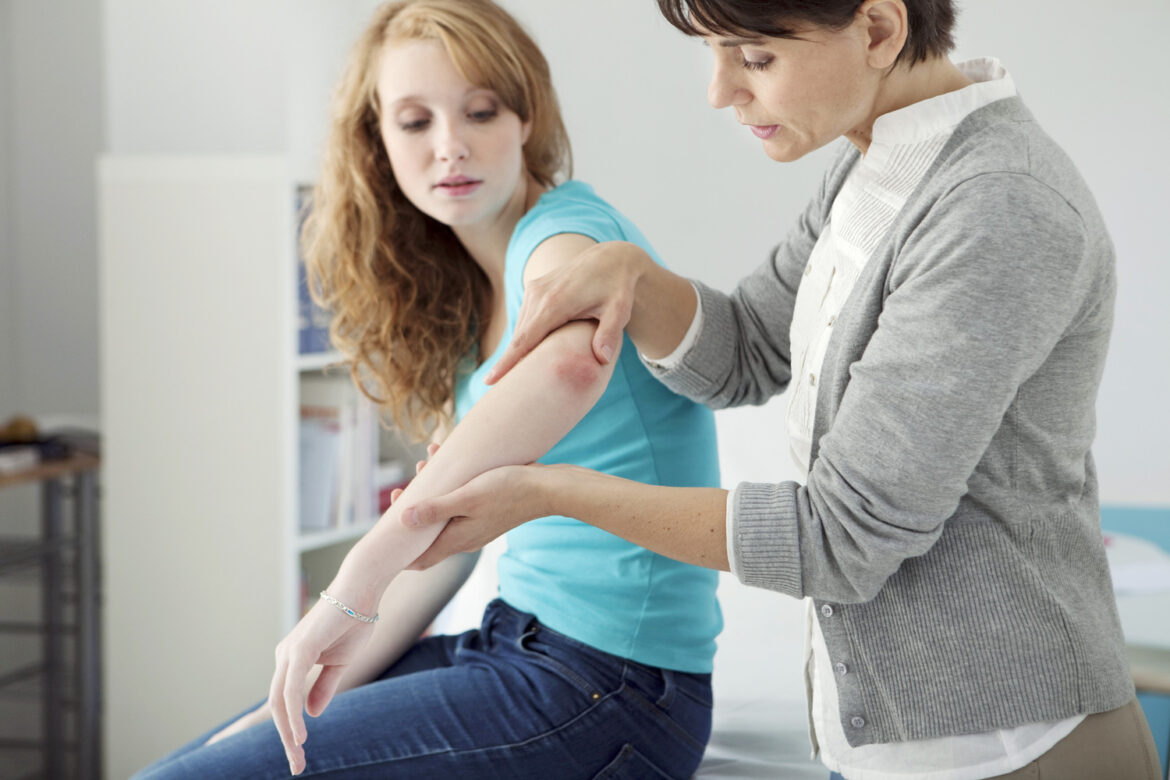People who suffer from psoriasis usually have red, inflamed patches of skin with white scales that are dry, itchy and sore. The skin can crack and bleed and burn around infected areas. Psoriasis causes an overproduction of skin cells causing the skin cells to build up at an abnormally rapid rate. This results in the formation of scales. Psoriasis is the result of an overactive immune system. There is no cure, but it can be treated with a variety of topical creams and ointment, light therapy or oral or injectable medications. Though some people suffer from this skin condition year-round others might have sudden or frequent flare-ups caused by triggers like stress, alcohol or cold, dry weather. There are five main categories of psoriasis.
Plaque Psoriasis
Plaque psoriasis causes your skin to develop red and inflamed patches which then develop white or silver scales or ‘plaques’. The skin on the elbows, knees, and scalp is most vulnerable. This is also the most common kind of psoriasis. 80 percent of people with psoriasis suffer from plaque psoriasis.
Guttate Psoriasis
The symptoms of guttate psoriasis include small pink spots on the torso, arms, and legs. This is usually quite common in childhood.
Pustular Psoriasis
People with pustular psoriasis develop blisters on red and inflamed skin. The condition often stays on the hands or feet but can affect broader areas of skin too. Usually, this kind of psoriasis is the cause of genetic factors and can be triggered by using certain medications, stress or overexposure to UV light. The skin will become tender and inflamed first and the blisters follow soon. Blisters may be white or yellow and are filled with pus.
Inverse Psoriasis
Inverse psoriasis affects the skin under the armpits or breasts or the folds of skin in the groin. It can be identified by red, shiny skin with lesions. There are no blisters or plaques. People who suffer from a flare-up of inverse psoriasis are prone to infection. Since affected areas are usually skin folds that are thin, delicate and don’t receive air, the inflamed skin is vulnerable to yeast or bacterial infections.
Erythrodermic Psoriasis
This is the most severe and often life-threatening form of psoriasis and affects large sections of the skin. Inflamed areas of the skin develop large scales. This is a rare form of psoriasis which may occur when medication for psoriasis is stopped suddenly.

